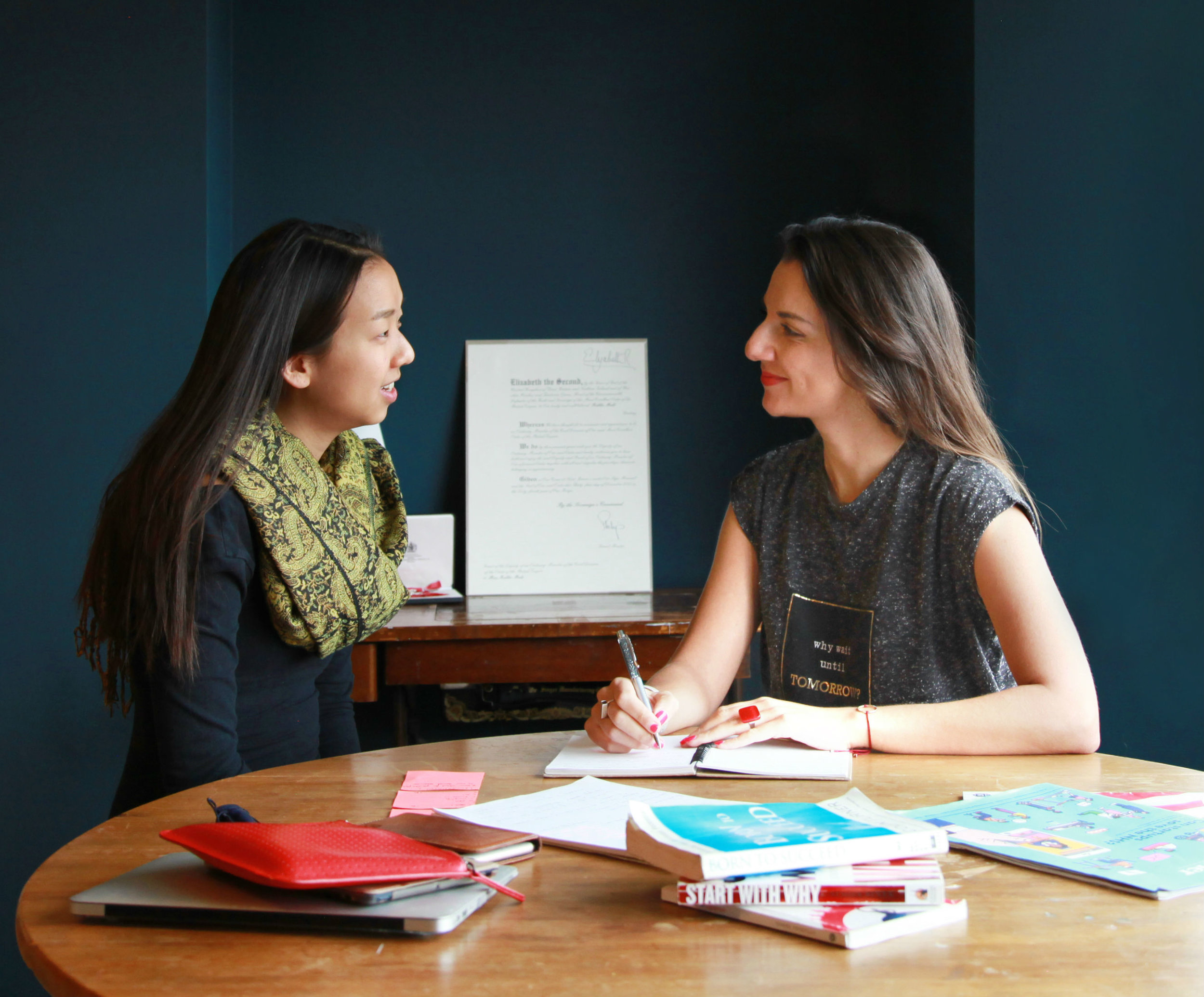Originally published on Huffington Post.
Yesterday I took a leap of faith, quite literally. It’s week two of working independently again after 20 months of working within an organisation, albeit a small one. I told myself it was OK to take my first week easy and treat it like a week’s holiday. I even left the country, yet I found myself unable to switch off. The ideas that i’d been been pooling for the last few months were swimming around my head and I wanted to start pushing them forwards. The thought of not being able to do so felt restrictive, but I rationalised that this week was allocated to ‘fun’ and I would make a start next week.
Monday came around and I bounced out of bed, excited to start my week. Knowing how important structure is to my productivity, I’d scheduled early morning meetings, afternoon exercise and time in between to ‘get things done.’ So why, when my allocated time arrived did I suddenly feel overwhelmed with what lay ahead? All I needed to do was work through my task list, but I suddenly started questioning my prioritisation and found myself in a less than productive frenzy of multi-tasking.
A few hours later, I left feeling like I hadnt achieved anything, but it was time for my exercise slot. I’d booked myself in for an outdoor trapeze lesson in Regents Park - I’d never tried it before and thought it would scratch my ‘learn something new’ itch.
My sense of despondence about my morning meant I found myself volunteering to go first, and before I know it, I find myself climbing the ladder to reach the platform at the top. As I start to climb, i’m suddenly aware of how wobbly the ladder is and that I actually have a fear of heights ( when I don’t have a glass wall to protect me from falling). I reach halfway and freeze, my brain telling me ‘I can’t do this.’ I look down at the group who are all smiling and telling me to go on up, and i’m caught between two windows - walk back down or carry on and see what happens. I realise that if I tell myself I can do it, then I am more likely to try. So I continued slowly, one steady step at a time, trying not to to look up or down, but straight ahead. Each rung of the ladder created a beautiful window filled with leafy trees and I told myself that if I focused on the view, I appreciate the journey and not get overwhelmed with what might happen next.
I reached the top, only allowing myself to look straight ahead. Now come the flashbacks to my failed abseiling attempts over the years, where I would make it to the top and then refuse to back off the ledge. I tell myself that I am creating my own limitations and force a smile in an attempt to trick myself into believing I can do this. The instructor held the back of my harness and told me to lean forwards at a 45 degree angle, over the edge of the platform to grab the bar which is hanging in the air. When i’m ready, I should ‘hop off’ at which point he’ll let go.
My first issue is that the bar is heavy and hard to hold at that angle, and the second is that he had yet to earn my trust and may well let me go before I feel ready, much like my mum did when I was learning to ride my bike without stabilisers (although I know they both have the best intentions). After a minute or so of some gentle reassurance, the moment arrives where I know I just need to do it. As I look ahead, I know i’m nervous that I won’t be able to take the momentum and will fall, but i’ve resolved that the worse case scenario will be a scream followed by a bouncy landing in the safety net so here goes.
Here is the video of what happened next...
As you can see, I survived and I even managed to follow instructions to do a little trick!
My second attempt was still scary, but I followed instructions more quickly and willingly, trusting in the process.
I left class, laughing with my new friends and feeling like i’d achieved more than I ever thought possible, all in two short hours. Everything else seemed within reach again...
- If you think too much about it, you won’t step off the ledge
- Each step is building learned behaviour for future self-confidence
- If you look too far up or down, you’re more likely to fall
- Complete strangers become your support network because they appreciate what it takes to be up there
- Why I see flying trapeze as a life lesson for entrepreneurship
- You won’t always get there first time, but it’s good practise for the next attempt


